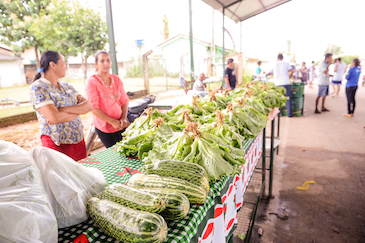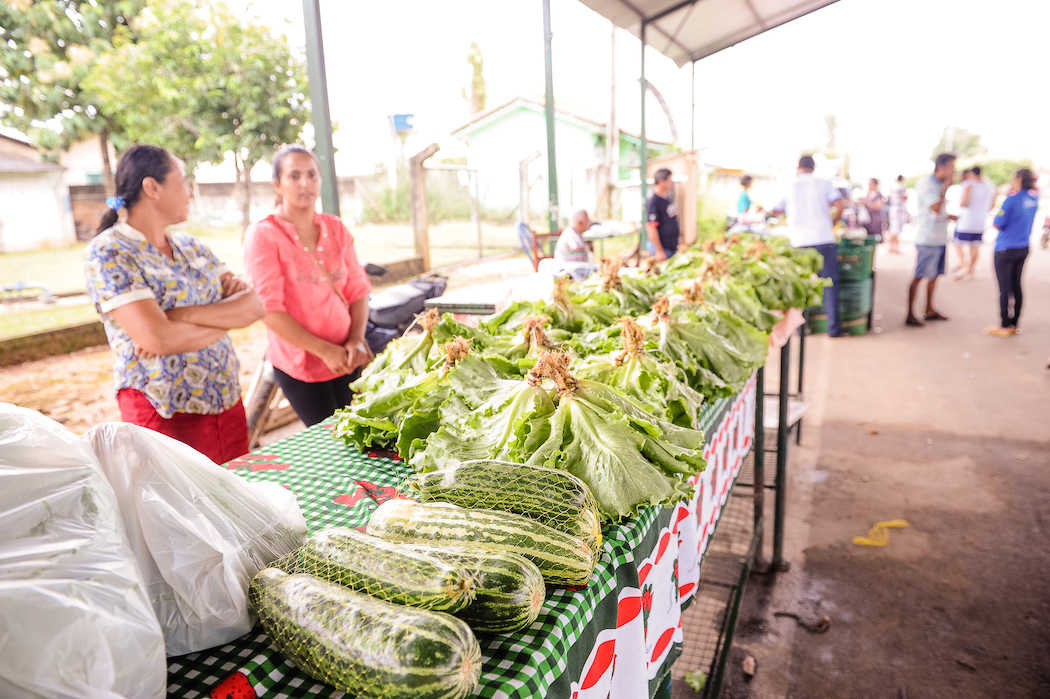In the global context, one of the great challenges for cities, especially the most urbanized ones, is to eradicate hunger, achieve food security, improve nutrition, promote sustainable agriculture and a healthy diet for all its inhabitants. These challenges were aggravated in the context of the Covid-19 pandemic, which exposed even more clearly the importance of ensuring the resilience of the entire food chain in cities.
More than 50% of the Brazilian population has some degree of food insecurity and 9% is starving. Furthermore, nutritional insecurity, caused by the lack of regular consumption of healthy foods, leads to an increase in obesity and all forms of malnutrition in the long term, generating an enormous cost to public health, with more than 1⁄4 of the adult population obese.
The data were compiled by the Urban Laboratory for Public Food Policies (LUPPA), a collaborative platform aimed at Brazilian municipal governments, which aims to ensure sustainable food systems for all. Created by the Comida do Amanhã Institute, in partnership with ICLEI South America, the initiative will select and support participating cities so that they develop and improve their route in pursuit of the construction of the Food and Nutritional Security Policy. This process will take place through debates and workshops on the challenges, experiences and difficulties of municipalities in this area.
With the aim of bringing cities to the center of the discussion on the right to food and highlighting the importance of building sustainable municipal food systems, the project launched the first public notice, aimed at both local governments and institutions that want to be part of the initiative as well as for partners that aim to offer operational and institutional support for the structuring of public food policies in the selected cities.
“We need to understand that food is an urgent matter for cities and local governments,” commented Rodrigo Perpétuo, Executive Secretary of ICLEI South America. “The ideas that will be shared during the LUPPA sessions highlight the best practice actions that are already being practiced by some cities here in Brazil and enable the scalability and replication of these models.”
Juliana Tângari, director of the Comida do Amanhã Institute, celebrated the initiative. “LUPPA was created to be a platform for meetings between cities, a place where they can support each other and create an environment of innovation, exchange and planning for public policies on food systems”, she emphasized.
Cities that are already taking action to ensure sustainable food production systems are implementing resilient agricultural practices to help maintain ecosystems and build adaptive capacity to climate emergencies. These actions have a direct impact on the fulfillment of several UN Sustainable Development Goals (SDGs), such as #2 – Zero Hunger, #3 – Good Health and Well-Being, #11 – Sustainable Cities and Communities and #12 – Responsible Consumption and Production, among others.

